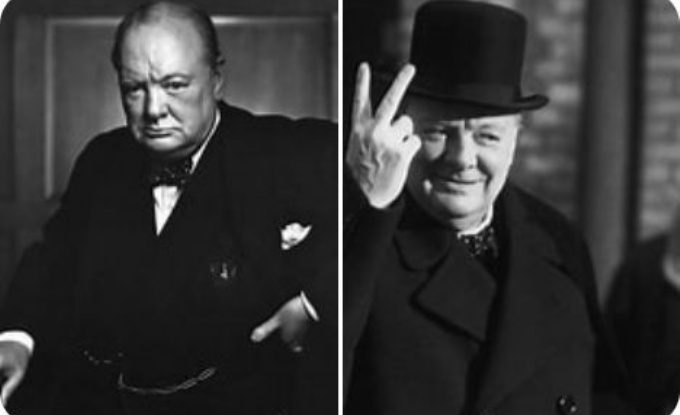Winston Churchill Biographies

For the last couple of weeks, year 6 have been reading and studying biographies of famous people (eg: Roald Dahl, Usain Bolt, Marcus Rashford). We have been looking at the features of the text type, the kind of life story content included and how it is structured.
We then used our sentence stacking lessons, to model and write our own biographies about Augusta Chiwy, a nurse who tended the wounded soldiers during the Battle of the Bulge in World War Two.
Taking what they had learnt about biographies, the children then had to start to research and plan for their own independent biography write. Their biography was to be about Winston Churchill. The children were given time to research about the life and times of Winston Churchill, focussing on how to take relevant information and write it in note form. They researched his early life, his education, his working life and his role in leading us to victory as Prime Minister in WW2. Once their research was completed, they used their findings to plan and write their own biographies.
The children have shown great interest in Winston Churchill when researching him. They particularly loved some fun facts they found out about him – hated school and was often naughty, smoked 8-19 cigars a day, often wore a siren suit when doing war work, loved to paint, loved writing and history.
A couple of children were asked their thoughts on Winston Churchill:
Renee (HB16) said, ‘ It was said he only thought of himself, but I disagree. I think he was a good person because he led us to victory in WW2’
Leo N (HB13)said. ‘ Winston Churchill was a very positive person. He gave many amazing speeches that gave people hope’.
When asked what their favourite fun facts about him were:
Renee said, ‘ He would do a ‘V’ sign with two fingers for ‘Victory’.
Leo N said, ‘During his life time he was hit by a car and survived. When he died he was 250lb in weight and 5’7” tall’.
Year 6 have had a great time researching and writing about Winston Churchill, especially how his contributions influenced the outcome of WW2.
